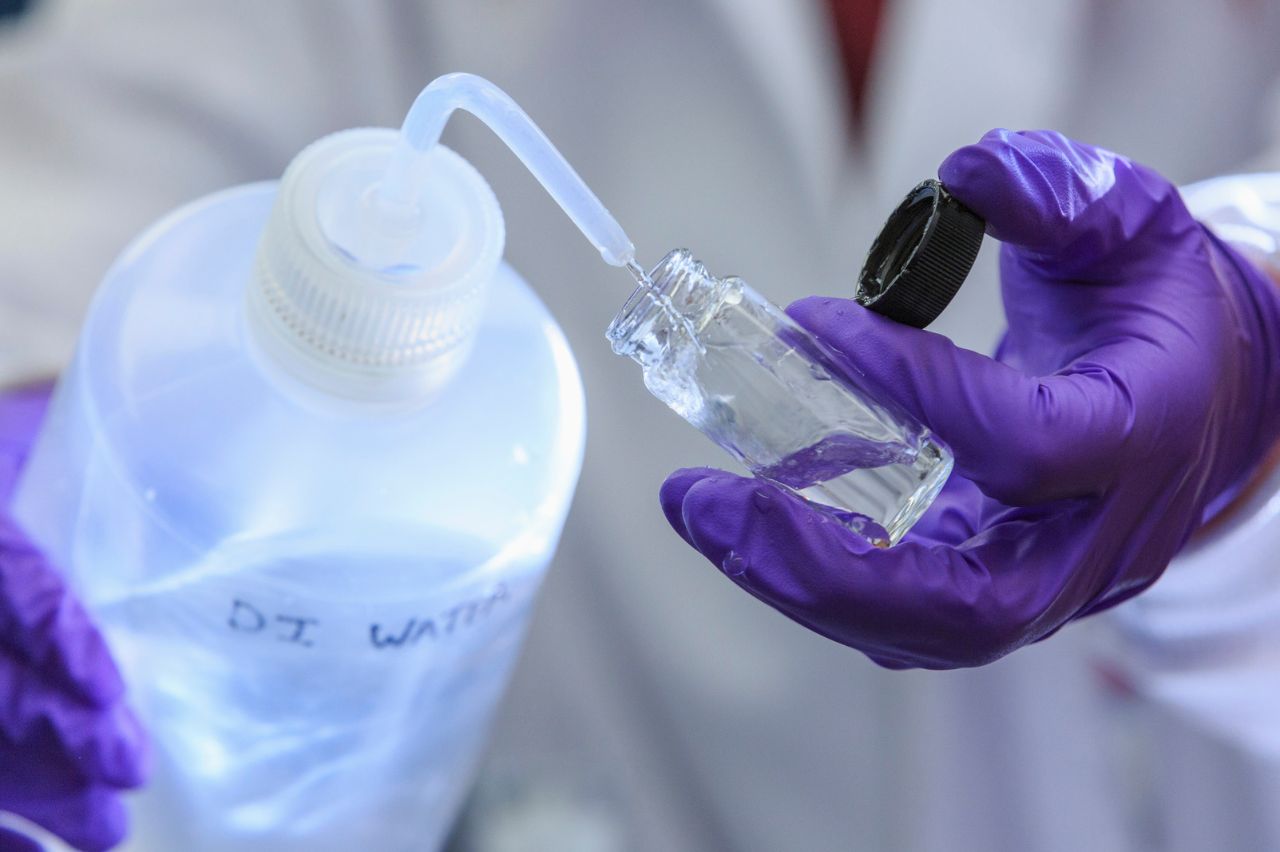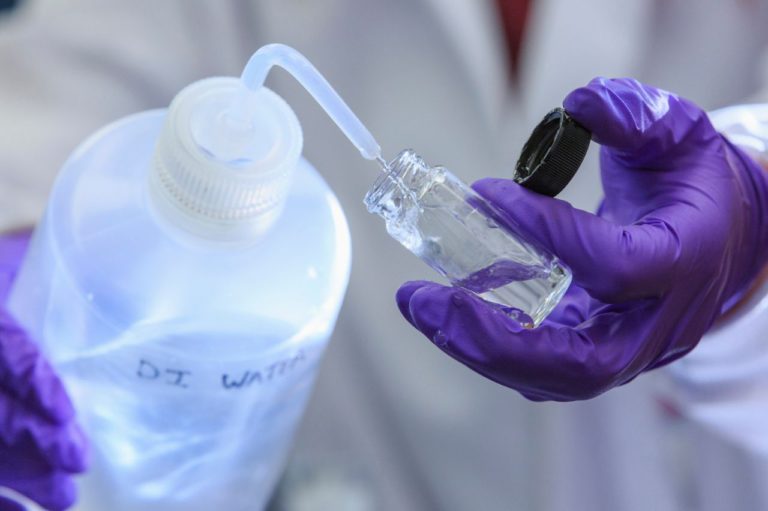The Difference Between Demineralized and Distilled Water
Water is an essential element for life, and we all know that drinking clean and safe water is vital for our health. But with so many types of water available today, it can be difficult to determine which one is the best for us.
Demineralized water and distilled water are two types of water that have become increasingly popular in recent years, but what exactly is the difference between them?
In this article, we’ll explore the difference between demineralized and distilled water and take a closer look at their benefits and drawbacks. By the end, you’ll have a better understanding of which type of water is right for you and your family. So, let’s dive in and explore the world of demineralized and distilled water together!
Chemical Composition
Demineralized water is water that has had all of its mineral ions removed, such as calcium, magnesium, and sodium. The process of demineralization involves passing water through an ion exchange resin, which exchanges the mineral ions in the water for hydrogen ions. As a result, the water becomes pure and free from minerals. Demineralized water is often used in industries such as pharmaceuticals, electronics, and laboratory research.
On the other hand, distilled water is created through the process of distillation. In this process, water is boiled, and the steam is collected and condensed back into a liquid form. Distillation removes most impurities, including minerals, bacteria, and viruses, leaving behind a pure and clean liquid. Distilled water is often used in medical settings, laboratory research, and in some industrial applications.
Applications
Demineralized water and distilled water are used for various purposes due to their purity and lack of minerals. Demineralized water is often used in industries such as pharmaceuticals, electronics, and laboratory research. It is also used in some industrial applications, such as boiler feed water and cooling water.
Distilled water is commonly used in medical settings for sterilization and cleaning equipment. It is also used in laboratory research for experiments and testing. Distilled water is also used in some industrial applications, such as car batteries and as an ingredient in cosmetics.
Benefits
Demineralized water and distilled water are often touted for their purity and lack of minerals. However, there are some potential benefits to drinking these types of water. For example, some people believe that drinking demineralized or distilled water can help to remove toxins from the body. Additionally, some people believe that drinking distilled water can help to improve digestion and hydration.
However, it’s important to note that there is limited scientific evidence to support these claims. In fact, drinking demineralized or distilled water on a regular basis may not be the best choice for everyone, as it can lead to mineral deficiencies over time.
Risks and Limitations
While demineralized water and distilled water may have some benefits, they also come with some potential risks and limitations. For example, both types of water are often stripped of essential minerals, which can lead to mineral deficiencies over time. Additionally, both types of water can be acidic, which can be harmful to the teeth and digestive system.
It’s also worth noting that both types of water are often more expensive than tap water, which can be a limiting factor for some people. Finally, it’s important to ensure that any water you drink is safe and free from contaminants, as both demineralized and distilled water can still contain impurities if not properly produced and stored.
How to Produce Demineralized Water or Distilled Water at Home
If you’re interested in producing your own demineralized or distilled water at home, there are a few methods you can try. For demineralized water, you can purchase an ion exchange resin and run tap water through it. The resin will remove the mineral ions from the water, leaving behind a pure liquid.
For distilled water, you can purchase a distillation unit and use it to boil and collect steam from tap water. The steam will condense back into a liquid form, leaving behind a pure and clean liquid. However, it’s important to note that producing your own demineralized or distilled water at home can be time-consuming and may not be cost-effective in the long run.
Which is Better?
When it comes to demineralized water vs. distilled water, there is no clear winner. Both types of water have their benefits and drawbacks, and the best choice for you will depend on your specific needs and preferences.
For example, if you’re looking for water to use in industrial or laboratory settings, demineralized water may be the better choice. On the other hand, if you’re looking for water to use for medical purposes, distilled water may be the better choice.
Ultimately, the most important factor is to ensure that any water you drink or use is safe and free from contaminants. If you’re unsure which type of water is best for your needs, it’s always a good idea to consult with a healthcare professional or industry expert.
Which is More Cost-Effective?
When it comes to cost, both demineralized water and distilled water can be more expensive than tap water. However, the cost will depend on a variety of factors, including the size of the production unit, the cost of the water source, and the frequency of use.
In general, producing demineralized water at home may be more cost-effective than purchasing it from a supplier. However, producing distilled water at home can be more expensive due to the cost of the distillation unit and the energy required to produce the water.
Ultimately, the best way to determine which type of water is more cost-effective for you is to compare the cost of purchasing the water vs. producing it at home.
Conclusion: Choosing the Right Type of Water for Your Needs
Demineralized water and distilled water are two types of water that are becoming increasingly popular for various purposes. While both types of water have their benefits and drawbacks, the best choice for you will depend on your specific needs and preferences.
If you’re looking for water to use in industrial or laboratory settings, demineralized water may be the better choice. On the other hand, if you’re looking for water to use for medical purposes, distilled water may be the better choice.
Ultimately, the most important factor is to ensure that any water you drink or use is safe and free from contaminants. If you’re unsure which type of water is best for your needs, it’s always a good idea to consult with a healthcare professional or industry expert.







